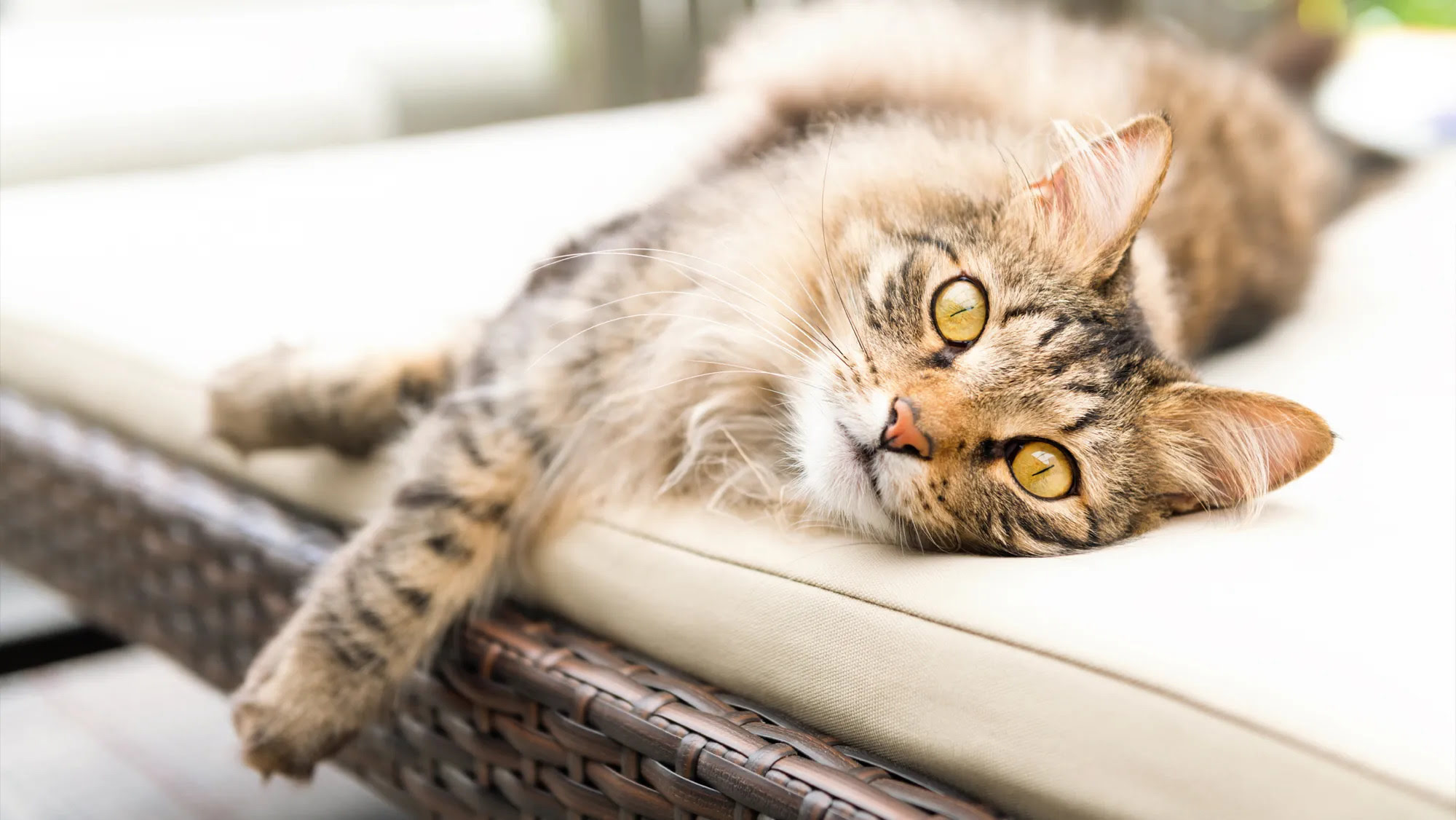

Articles
How To Keep Cats From Spraying On My Porch
Modified: January 5, 2024
Learn effective techniques to prevent your porch from being a target for cat spraying with our informative articles.
(Many of the links in this article redirect to a specific reviewed product. Your purchase of these products through affiliate links helps to generate commission for Storables.com, at no extra cost. Learn more)
Introduction
Welcome to a guide on how to keep cats from spraying on your porch. If you’re tired of dealing with the pungent odor and unsightly mess left behind by cats marking their territory, you’ve come to the right place. In this article, we will explore the reasons why cats spray, and provide you with practical tips and solutions to prevent this behavior specifically on your porch.
Cats are known for their independent nature, but when it comes to marking their territory, they can be quite persistent. Spraying, or urine marking, is a natural behavior in cats that is triggered by various factors such as hormonal changes, stress, or the presence of other cats in their environment. It is important to address this issue promptly to maintain a clean and pleasant outdoor space.
Understanding why cats spray is crucial in finding an effective solution. Unlike regular urination, spraying is done vertically on vertical surfaces such as walls, furniture, or in our case, the porch. By scent marking, cats communicate their presence, establish boundaries, and express their emotions. It is their way of telling other cats “this is mine.”
Now that we have a basic understanding of the underlying reasons behind spraying, let’s delve deeper into the specific causes of spraying on the porch. By identifying the triggers, we can implement strategies to deter cats from marking their territory in your outdoor area.
Key Takeaways:
- Understanding the reasons behind cat spraying is crucial for effective prevention. Identifying triggers, creating an unattractive environment, and consulting a veterinarian are key steps to deter this behavior.
- Implementing natural deterrents, providing alternative spaces, and seeking professional guidance can effectively prevent cats from spraying on your porch. Consistency, patience, and positive reinforcement are essential in addressing this issue.
Understanding Why Cats Spray
To effectively address the issue of cats spraying on your porch, it is essential to understand the reasons behind this behavior. Here are some common factors that contribute to cats spraying:
Hormonal Changes: Unneutered male cats and unspayed female cats are more likely to engage in spraying behavior due to the influence of hormones. The pungent odor in their urine acts as a form of communication and mating signal to attract potential mates.
Territorial Marking: Cats are territorial creatures and spraying is one way they establish and maintain their territory. They use their urine to mark boundaries and communicate with other cats in the area, especially when they feel their territory is being invaded.
Stress and Anxiety: Cats can spray as a response to stress or anxiety-inducing situations. Changes in their environment such as moving to a new home, the introduction of a new pet, or even changes in the household routine can trigger spraying behavior as a way for them to cope with the stress.
Medical Issues: It is important to rule out any underlying medical conditions that may be contributing to or causing the spraying behavior. Urinary tract infections, bladder stones, or other urinary tract issues can lead to discomfort or pain, prompting cats to spray outside their litter box.
Competition with Other Cats: If there are other cats in the neighborhood or in your household, territorial conflicts can arise, leading to spraying as a way for cats to assert their dominance or mark their territory. This is especially common when cats have access to the porch and can see or smell other cats nearby.
By understanding the reasons why cats spray, you can develop an appropriate plan to address the issue on your porch. The next step is to identify the specific factors triggering spraying behavior in your outdoor space.
Identifying the Causes of Spraying on the Porch
When it comes to dealing with spraying on the porch, it’s important to identify the specific causes that trigger this behavior. By understanding what is attracting the cats to mark their territory, you can take steps to deter them. Here are some common causes to consider:
Presence of Other Cats: If there are other cats in your neighborhood or if you have multiple cats in your household, the scent of these cats can provoke territorial instincts in your cat. They may spray on the porch to establish their dominance or to communicate to other cats that this area is their territory.
Intact Cats in the Area: If there are intact (unneutered) male cats or unspayed female cats in the vicinity, their hormonal scent can be a major trigger for your cat’s spraying behavior. The presence of these cats can create a strong urge for your cat to mark their territory to assert their own dominance.
Lack of Outdoor Resources: Cats feel more secure and confident in their environment when they have access to essential resources such as food, water, shelter, and scratching posts. If your porch does not provide these resources, your cat may spray as a way to claim and defend their territory.
Unpleasant Odors or Markings: Cats have a highly developed sense of smell, and if they detect the scent of unfamiliar cats or other animals on your porch, it may prompt them to mark their territory by spraying. Similarly, if there are previous urine markings or residual odors left behind, your cat may feel compelled to reinforce or cover up those scents.
Changes in the Environment: Cats are sensitive to changes in their surroundings, and any alterations in the porch area can trigger stress and spraying behavior. This could include introducing new furniture, rearranging items, or even changes in the weather that create unfamiliar scents.
By identifying the specific causes of spraying on your porch, you can implement targeted solutions to address each factor. In the next sections, we will explore practical methods to create an unattractive environment for cats and deter them from spraying on your porch.
Creating an Unattractive Environment for Cats
One effective approach to prevent cats from spraying on your porch is to create an unattractive environment that discourages them from marking their territory. By implementing the following strategies, you can make your porch less appealing to cats:
Clean and Remove Existing Odors: Start by thoroughly cleaning your porch to eliminate any existing urine markings or odors. Use an enzymatic cleaner specifically designed to break down the compounds in cat urine. This will help remove the scent that attracts cats to spray in the same spot again.
Block Visual and Scent Triggers: Cats are highly visual animals and can be easily stimulated by what they see or smell. Use blinds, curtains, or window coverings to obstruct their view of other cats or outdoor stimuli that may trigger spraying behavior. Additionally, consider using scents that are unappealing to cats, such as citrus or lavender, to deter them from approaching the porch.
Remove or Cover Potential Marking Areas: Identify the specific spots on your porch that cats may be attracted to for marking, such as corners, steps, or furniture. Clear the area or cover it with materials that cats find uncomfortable to stand or walk on, such as aluminum foil, double-sided tape, or plastic mats with prickly textures.
Limit Outdoor Access: If your cat has unsupervised access to the porch, consider restricting their outdoor time and supervising their visits instead. By controlling their access, you can prevent opportunities for spraying behavior and redirect their attention to other activities indoors.
Install Motion-Activated Devices: Motion-activated devices such as sprinklers or noise-emitting devices can startle and deter cats from approaching your porch. Position them strategically to cover the areas where spraying is most common, ensuring that cats associate the undesired behavior with the unpleasant experience.
Provide Environmental Enrichment: Cats are less likely to spray when they are mentally and physically stimulated. Create an indoor environment that caters to their natural instincts, including scratching posts, interactive toys, and vertical spaces for climbing. By keeping your cat engaged and satisfied indoors, they will be less inclined to mark their territory outside.
Talk to Your Neighbors: If the spraying behavior is occurring due to other neighborhood cats, consider discussing the issue with your neighbors to find a collaborative solution. By working together, you can address the underlying factors and minimize the presence of other cats on your property.
Remember, creating an unattractive environment for cats requires consistency and patience. It may take some time for these strategies to take effect and for cats to break the habit of spraying on your porch. In the next sections, we will explore additional methods and deterrents to further discourage spraying behavior.
Applying Natural Deterrents
In addition to creating an unattractive environment, there are several natural deterrents you can use to discourage cats from spraying on your porch. These methods are safe for both cats and the environment, making them a viable option for deterring unwanted behavior. Here are some effective natural deterrents:
Citrus Peels: Cats dislike the strong scent of citrus fruits. Place orange, lemon, or grapefruit peels around your porch to create a natural barrier and discourage cats from approaching. Replace the peels regularly to maintain the scent.
Vinegar: Fill spray bottles with a mixture of water and white vinegar and spray it on the areas of your porch where cats tend to spray. Cats dislike the strong smell of vinegar, and it can deter them from returning to those spots.
Cayenne Pepper: Create a mixture of cayenne pepper and water, then spray it on your porch or sprinkle it around the perimeter. Cats find the spicy scent of cayenne pepper unpleasant, and it can deter them from marking their territory.
Lavender or Rosemary: Cats dislike the scent of lavender and rosemary. Plant these herbs near your porch or use essential oil diffusers with these scents to repel cats. This pleasant aroma will also add a fresh and appealing fragrance to your outdoor space.
Aluminum Foil: Cats do not like the texture or sound of aluminum foil. Cover the areas where cats tend to spray with aluminum foil to discourage them from approaching and marking those spots. The crinkling sound and uncomfortable surface will deter them from continuing the behavior.
Spiky Plants or Pine Cones: Place spiky plants or pine cones around your porch to create a physical deterrent. Cats avoid these prickly surfaces, making it less appealing for them to spray in those areas.
Ultrasonic Devices: Consider using ultrasonic devices that emit high-frequency sounds that are unpleasant to cats. These devices are inaudible to humans but can effectively deter cats from approaching your porch. Place them strategically to cover the areas where spraying is a common occurrence.
Remember, natural deterrents may not work for every cat, as individual preferences vary. It may be necessary to try different methods or combine multiple deterrents to find what works best for your situation. In the following sections, we will explore other options, including commercial repellents and sprays.
To keep cats from spraying on your porch, try using citrus-scented sprays or placing citrus peels around the area. Cats generally dislike the smell of citrus and will avoid spraying in those areas.
Read more: How To Keep Cats Off My Porch
Using Repellents and Sprays
If natural deterrents are not effective in preventing cats from spraying on your porch, you may consider using commercial repellents and sprays designed specifically for this purpose. These products are formulated with ingredients that are safe for cats and the environment while providing effective results. Here are some options to consider:
Commercial Cat Repellent Sprays: There are various commercially available cat repellent sprays that can be applied directly to your porch. These sprays typically contain natural ingredients such as essential oils or plant-based extracts that cats find unpleasant. Follow the instructions on the product label to apply the spray to the areas where cats tend to spray. Regular application and reapplication may be necessary to maintain its effectiveness.
Scat Mats: Scat mats are mats designed with plastic spikes that provide an uncomfortable surface for cats to walk or lay on. Place these mats strategically on your porch to deter cats from accessing the areas where they tend to spray. The sensation of the spikes on their paws will discourage them from returning to those spots.
Aerosol and Granule Repellents: There are aerosol and granule repellents available in the market that emit scents that cats find unpleasant. These products typically contain natural ingredients like pepper, garlic, or predator urine. Follow the instructions on the label to apply them to your porch or sprinkle them around the perimeter to create a deterrent barrier.
Water Spraying: Cats generally dislike being sprayed with water. Keep a spray bottle filled with water handy and use it to gently spray any cats you see approaching your porch. This can help deter them from returning to the area. However, be mindful that this method may not be effective for all cats, and some may become accustomed to it over time.
Professional Treatment: If you have tried various methods without success, you may consider hiring a professional pest control service that specializes in dealing with cat spraying issues. They can assess the situation and provide targeted solutions tailored to your porch and the specific needs of your cat.
When using repellents and sprays, always prioritize the well-being of the cats and the environment. Ensure that the products you choose are safe and specifically designed for deterring cats without causing harm. It is also important to note that these deterrents may not be a permanent solution and should be used in conjunction with other prevention techniques.
In the next section, we will explore the importance of providing an alternative space for your cat, as well as the significance of consulting with a veterinarian.
Providing an Alternative Space for Cats
One way to prevent cats from spraying on your porch is to provide them with an alternative space where they can fulfill their territorial and marking instincts. By offering a designated area for them to engage in these behaviors, you can redirect their spraying tendencies away from your porch. Here are some ways to create an alternative space:
Outdoor Enclosures: Consider setting up a cat-friendly outdoor enclosure or catio. These enclosed spaces provide a safe and secure environment for your cat to enjoy the outdoors while preventing them from roaming and spraying in unwanted areas. Fill the enclosure with scratching posts, hiding spots, and items that encourage play and physical activity.
Indoor Environmental Enrichment: If your cat is primarily an indoor cat, make sure their indoor environment is enriched with toys, scratching posts, and perches. Provide multiple litter boxes in different areas of the house to meet their instinctual needs. By providing adequate environmental stimulation indoors, you can help alleviate their desire to spray outside.
Pheromone Diffusers: Pheromone diffusers, such as synthetic feline facial pheromones, can help create a sense of security and reduce stress in cats. These diffusers emit comforting scents that mimic the natural pheromones cats release when they are content. Place them in the area where your cat spends most of their time, both indoors and outdoors, to help discourage spraying behavior.
Positive Reinforcement: Use positive reinforcement techniques to encourage appropriate behavior. When your cat uses the designated marking area or litter box instead of spraying on the porch, reward them with praise, treats, or playtime. This will help reinforce the desired behavior and further incentivize them to use the designated space.
Consult With a Behaviorist: If your cat continues to spray despite creating alternative spaces and implementing other preventive measures, it may be beneficial to seek guidance from a professional animal behaviorist. They can assess your cat’s specific needs and provide tailored behavioral modification strategies to address the spraying behavior.
It’s important to remember that each cat is unique, and what works for one may not work for another. Be patient and consistent in your efforts to redirect their spraying behavior to the designated area. By providing an alternative space and addressing their needs, you can minimize the temptation to mark territory on your porch.
Next, let’s talk about the significance of consulting with a veterinarian to rule out any underlying medical conditions that may contribute to spraying behavior.
Consulting with a Veterinarian
If your cat continues to spray despite implementing various prevention strategies, it is crucial to consult with a veterinarian. There may be underlying medical issues or behavioral factors contributing to the spraying behavior. Here’s why consulting with a veterinarian is important:
Rule Out Medical Conditions: Cats may engage in spraying behavior as a result of medical conditions such as urinary tract infections, bladder stones, or even arthritis, which can cause discomfort or pain. A veterinarian will conduct a thorough examination and may recommend diagnostic tests to identify any underlying health issues that could be triggering the spraying behavior.
Discuss Behavioral Factors: Veterinarians have the expertise to assess the behavioral aspects of your cat’s spraying behavior. They can help determine if there are specific stressors or environmental factors contributing to the spraying, and provide guidance on how to address these issues. They may recommend behavioral modifications, environmental enrichment, or even medications to manage anxiety or stress-related spraying.
Explore Hormonal Options: In some cases, hormonal imbalances may be at the root of spraying behavior, especially in intact cats. A veterinarian can discuss the benefits of spaying or neutering your cat to help reduce territorial and spraying tendencies. They can provide guidance on when is the best time to proceed with the procedure and how it may impact the spraying behavior.
Receive Expert Advice: Veterinarians are knowledgeable professionals who specialize in feline health and behavior. They can provide personalized advice and recommendations based on your cat’s specific situation. They may suggest additional preventive measures or refer you to a certified animal behaviorist for further assistance if needed.
Discuss Medication Options: In certain cases where the spraying behavior is severe or persistent, your veterinarian may recommend the use of medications. These medications can help reduce anxiety, stress, or hormonal influences that contribute to spraying. However, medication should always be used under the guidance and supervision of a veterinarian.
Remember, consulting with a veterinarian is essential to ensure the overall well-being of your cat and to address any underlying issues that may be causing or exacerbating the spraying behavior. By working together with a veterinarian, you can develop a comprehensive plan to help manage and minimize the spraying behavior.
Now, let’s conclude our article on how to keep cats from spraying on your porch.
Conclusion
Cat spraying on your porch can be a frustrating and unpleasant experience. However, by understanding the reasons behind this behavior, identifying the causes specific to your porch, and implementing the right strategies, you can effectively prevent and deter cats from spraying in your outdoor space.
Creating an unattractive environment for cats by removing existing odors, blocking visual and scent triggers, and providing an alternative space for them to fulfill their territorial instincts can significantly reduce the likelihood of spraying on your porch. Natural deterrents such as citrus peels, vinegar, or cayenne pepper can also be effective in deterring cats from marking their territory in unwanted areas.
If natural deterrents and prevention techniques are not successful, you can explore the use of commercial repellents and sprays designed specifically to discourage spraying behavior. Additionally, consulting with a veterinarian is crucial to rule out any underlying medical conditions, discuss behavioral factors, and explore hormonal or medication options if necessary.
Remember, each cat is unique, and it may take some time and experimentation to find the most effective strategies for your specific situation. Be patient, consistent, and provide positive reinforcement for desirable behaviors to help redirect your cat’s spraying tendencies.
By implementing these techniques and seeking professional guidance when needed, you can create a clean, odor-free porch that remains a pleasant and inviting space for you and your feline companions.
So, say goodbye to the frustrations of cat spraying on your porch and enjoy the serenity of your outdoor oasis without the worry of territorial markings.
Frequently Asked Questions about How To Keep Cats From Spraying On My Porch
Was this page helpful?
At Storables.com, we guarantee accurate and reliable information. Our content, validated by Expert Board Contributors, is crafted following stringent Editorial Policies. We're committed to providing you with well-researched, expert-backed insights for all your informational needs.
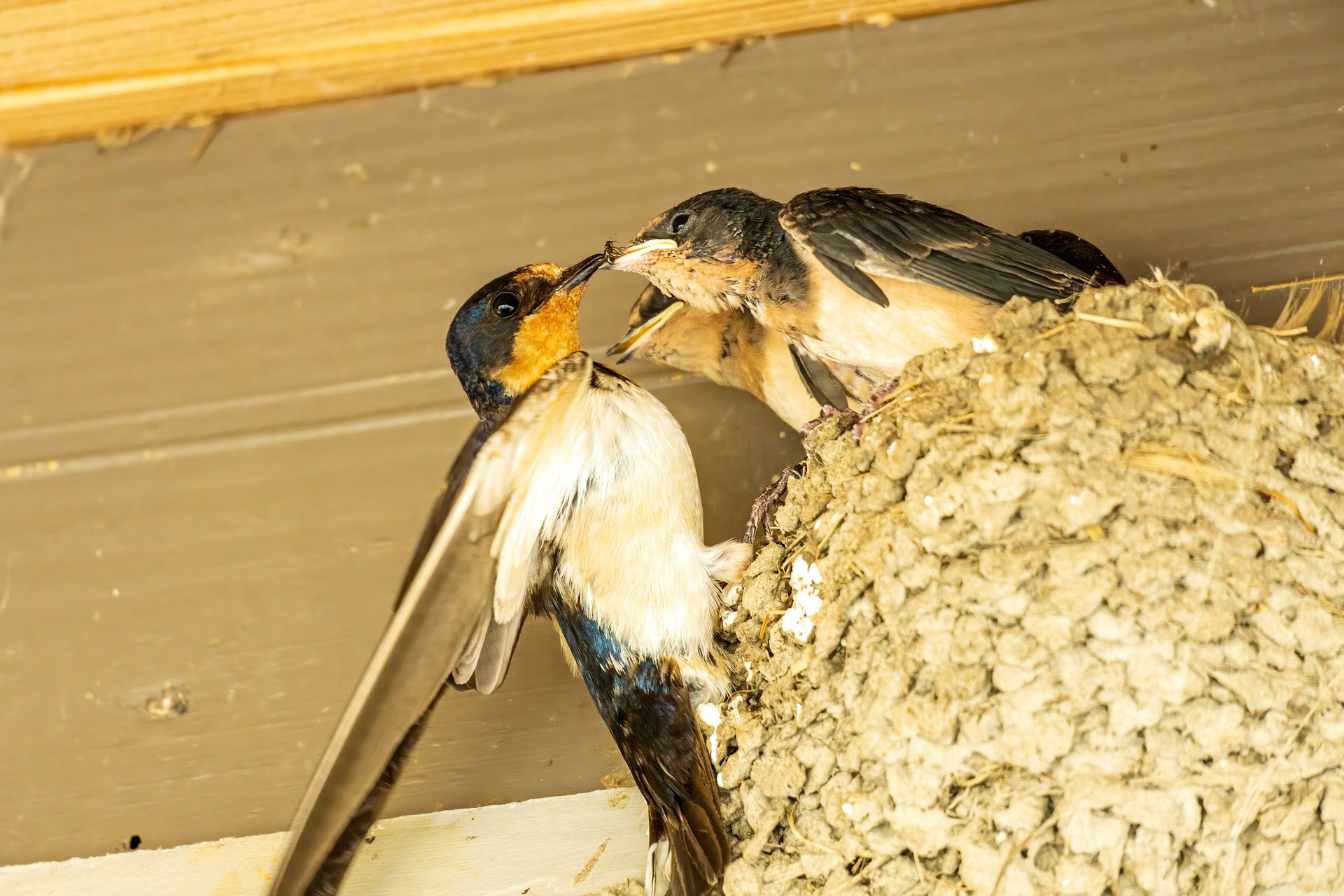
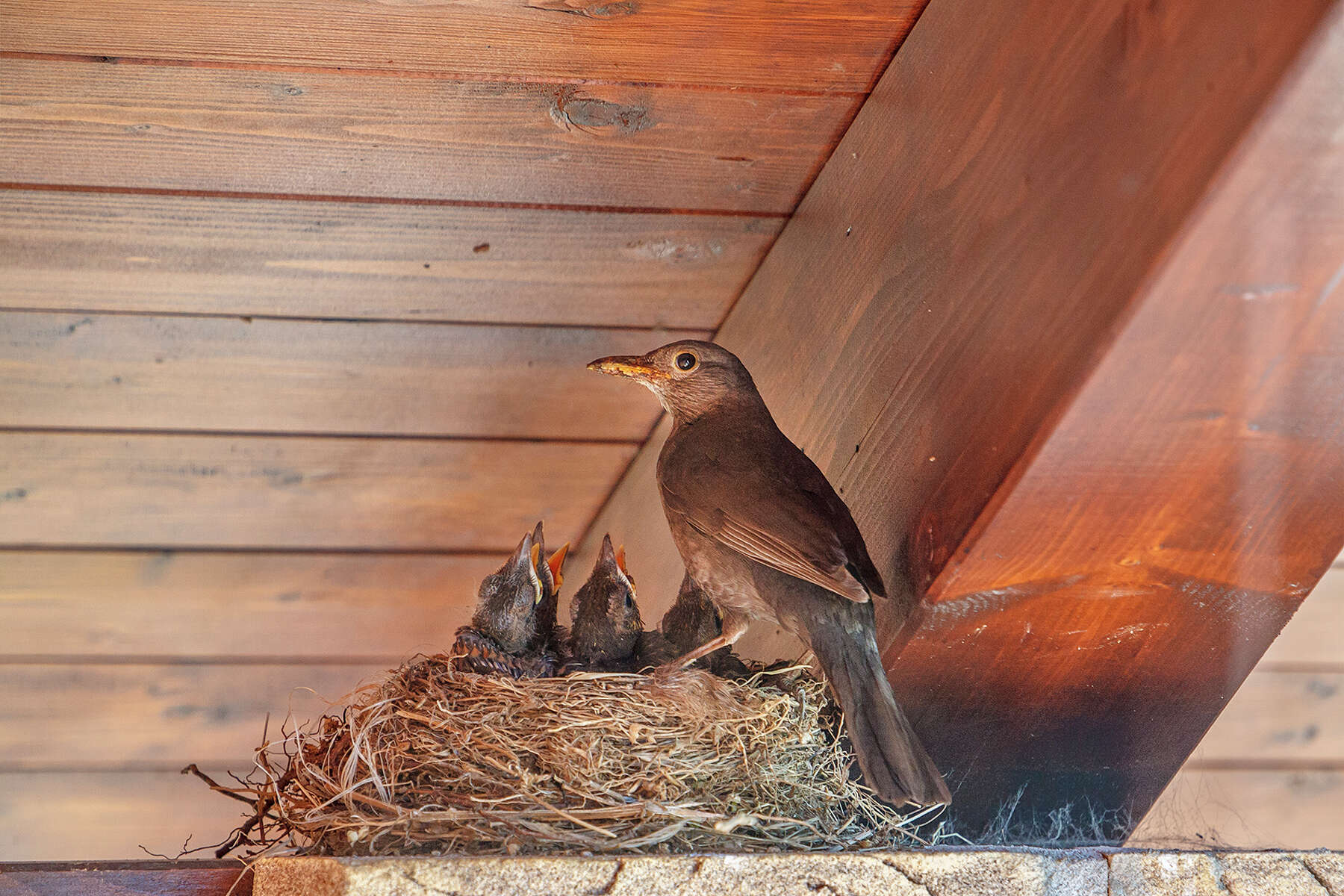

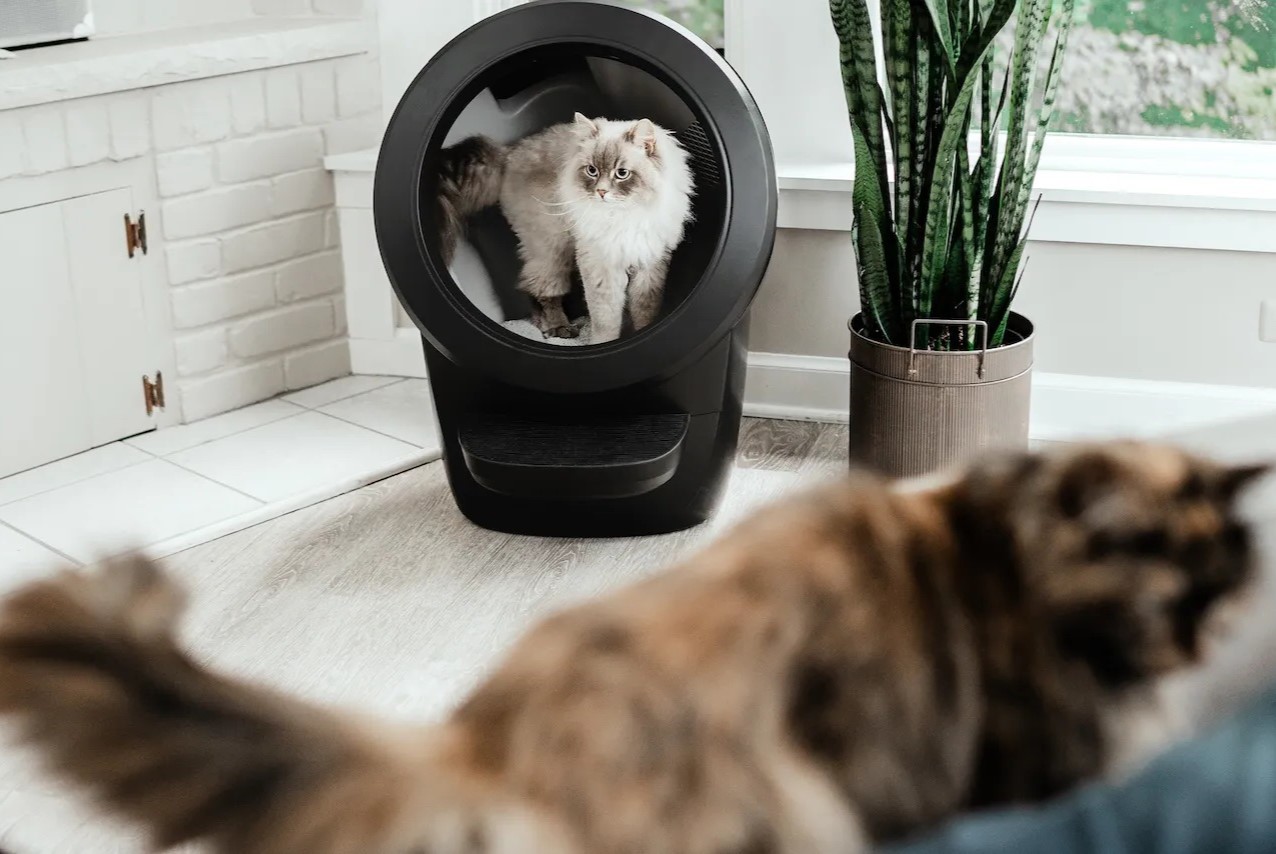
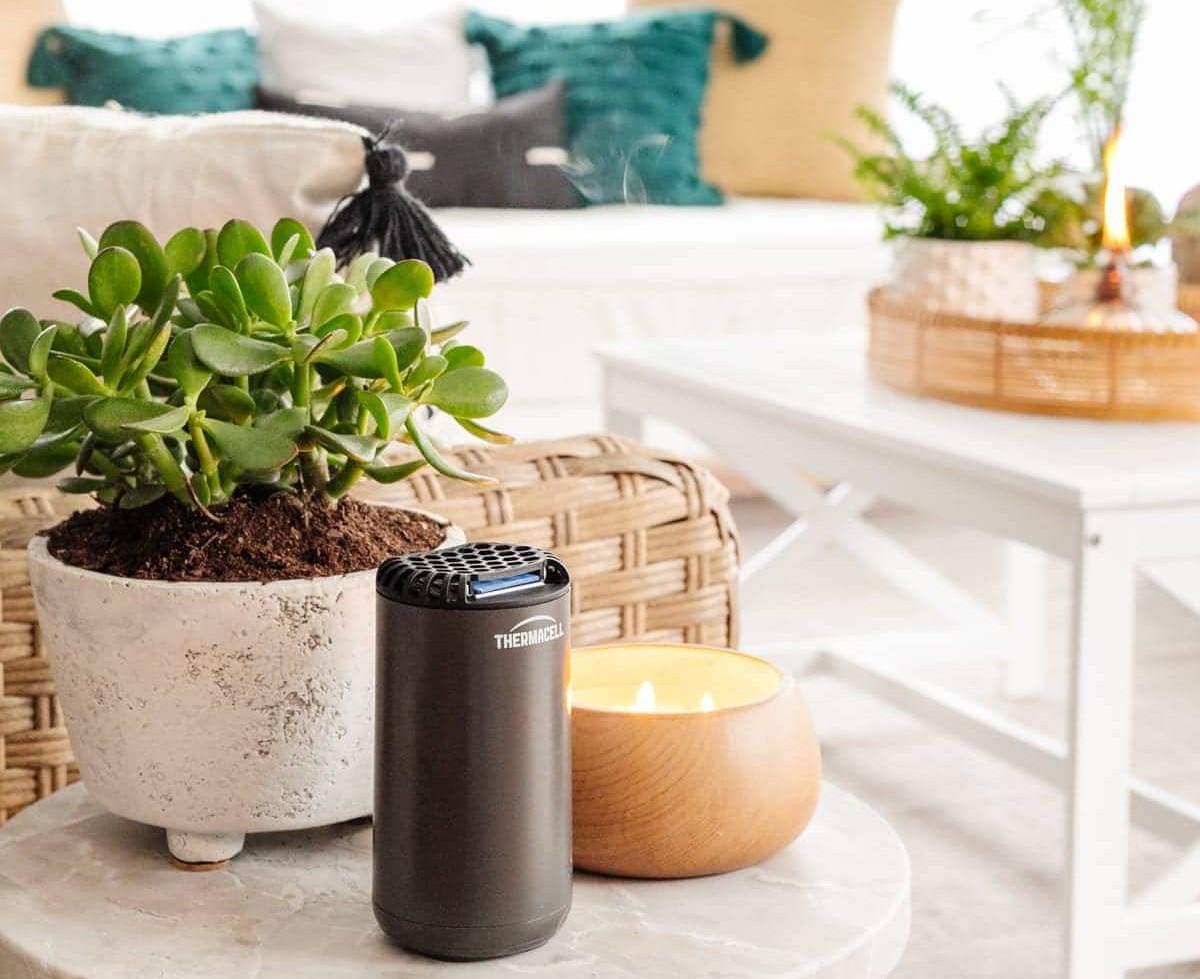
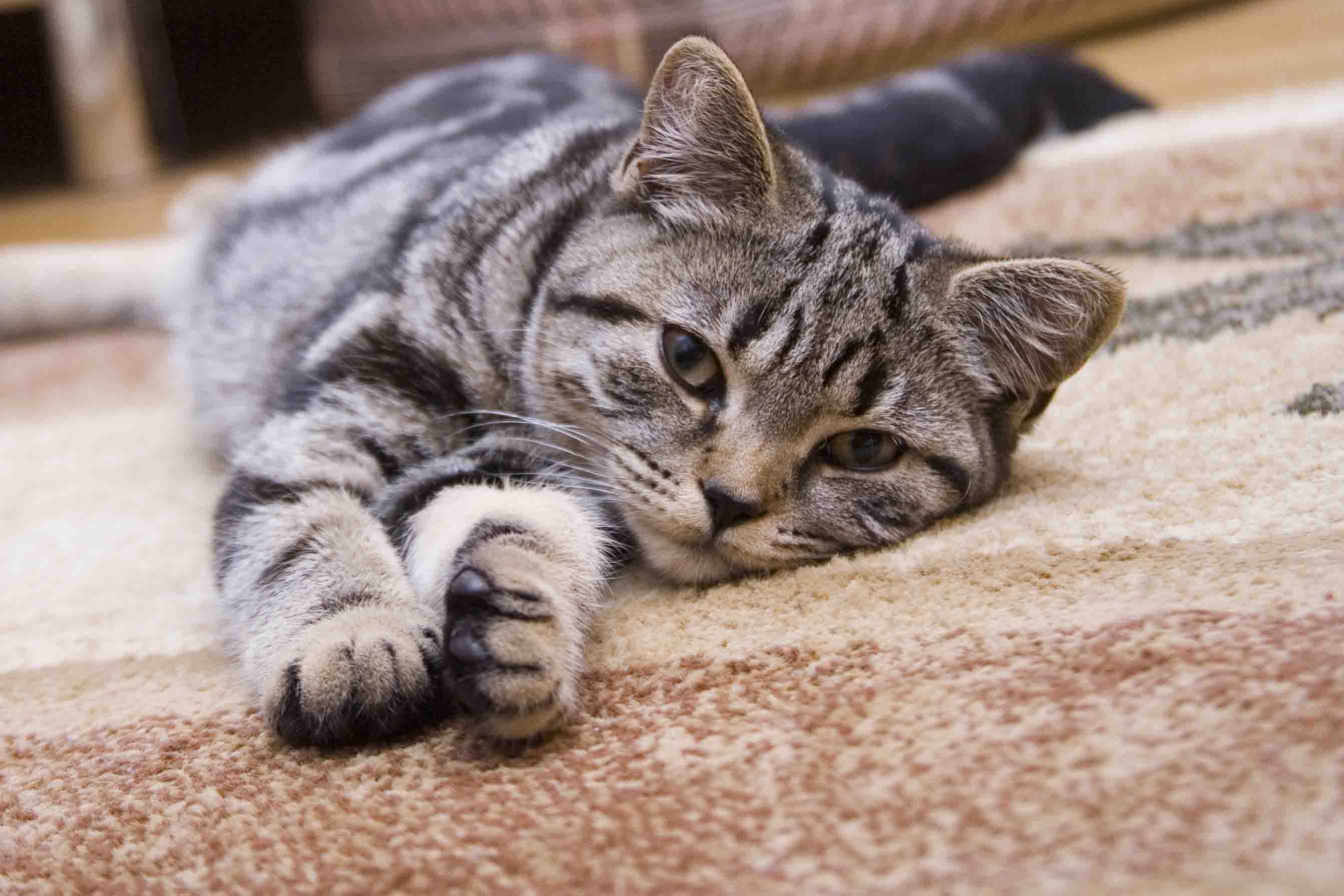
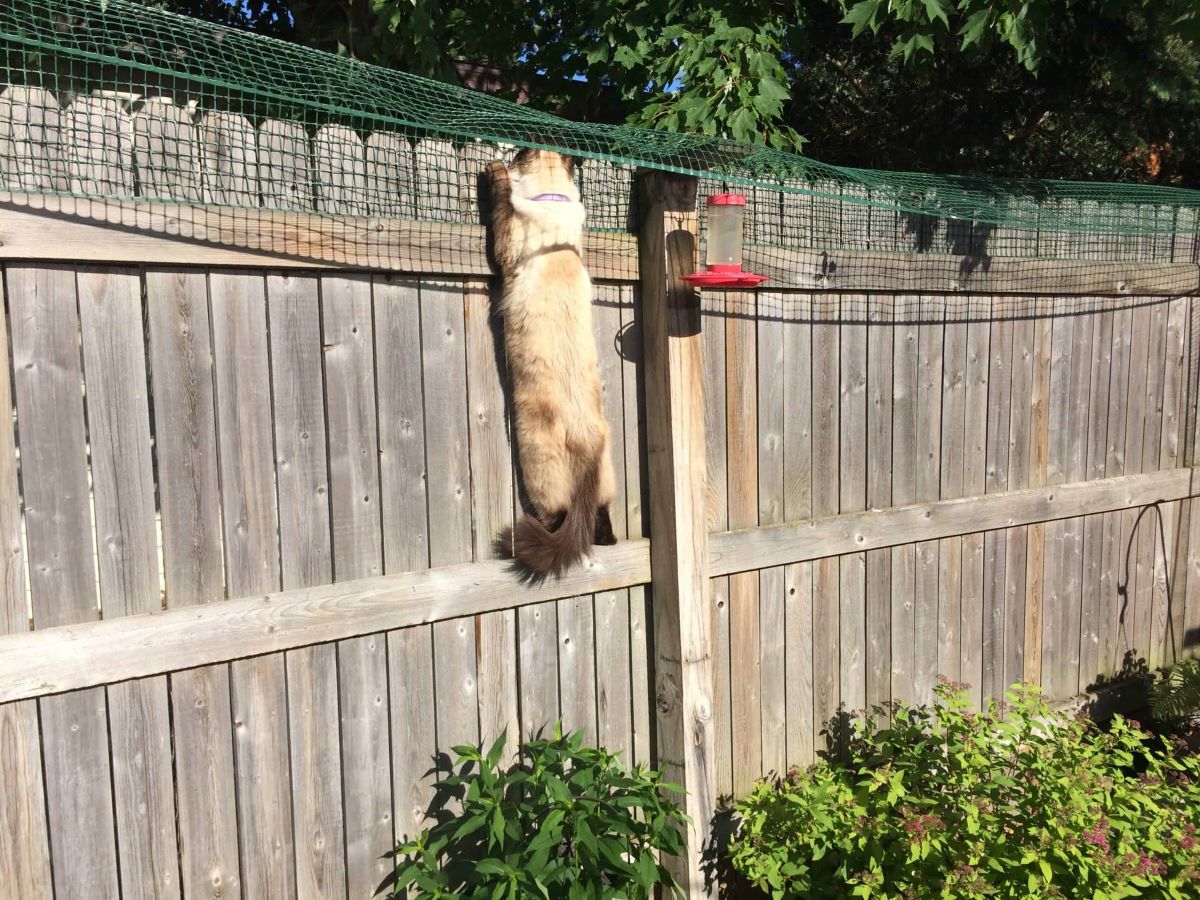



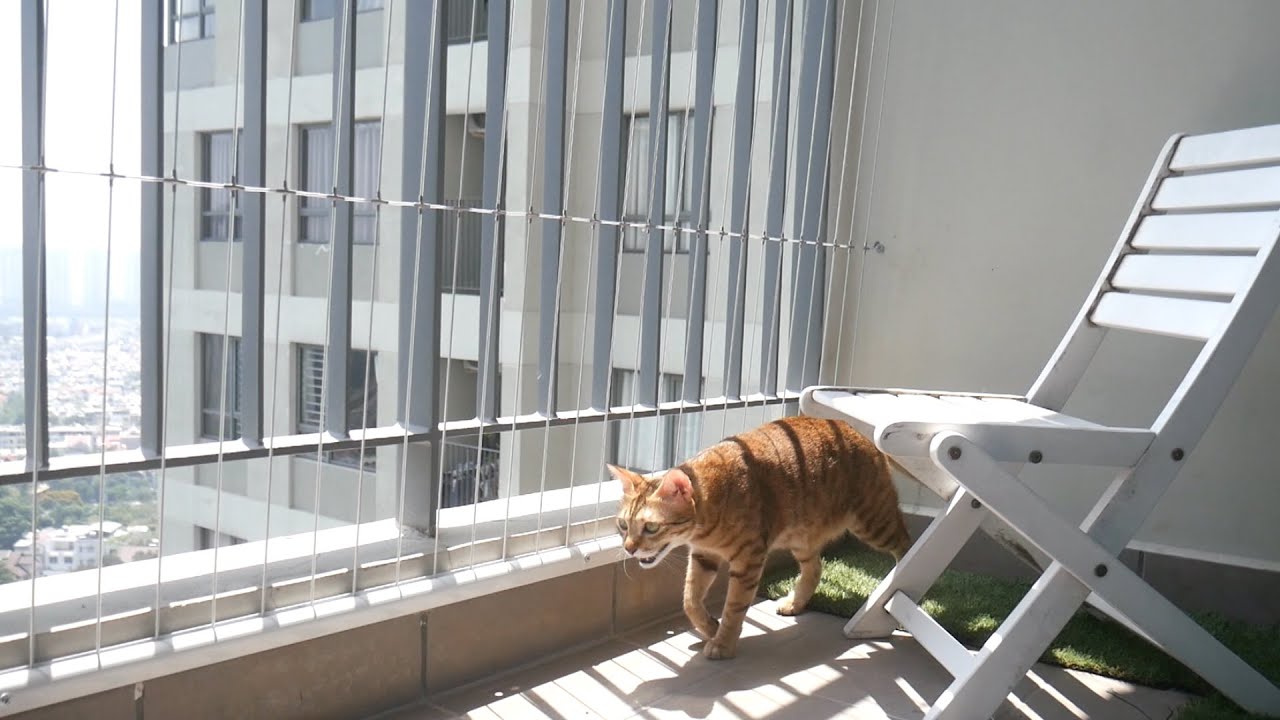
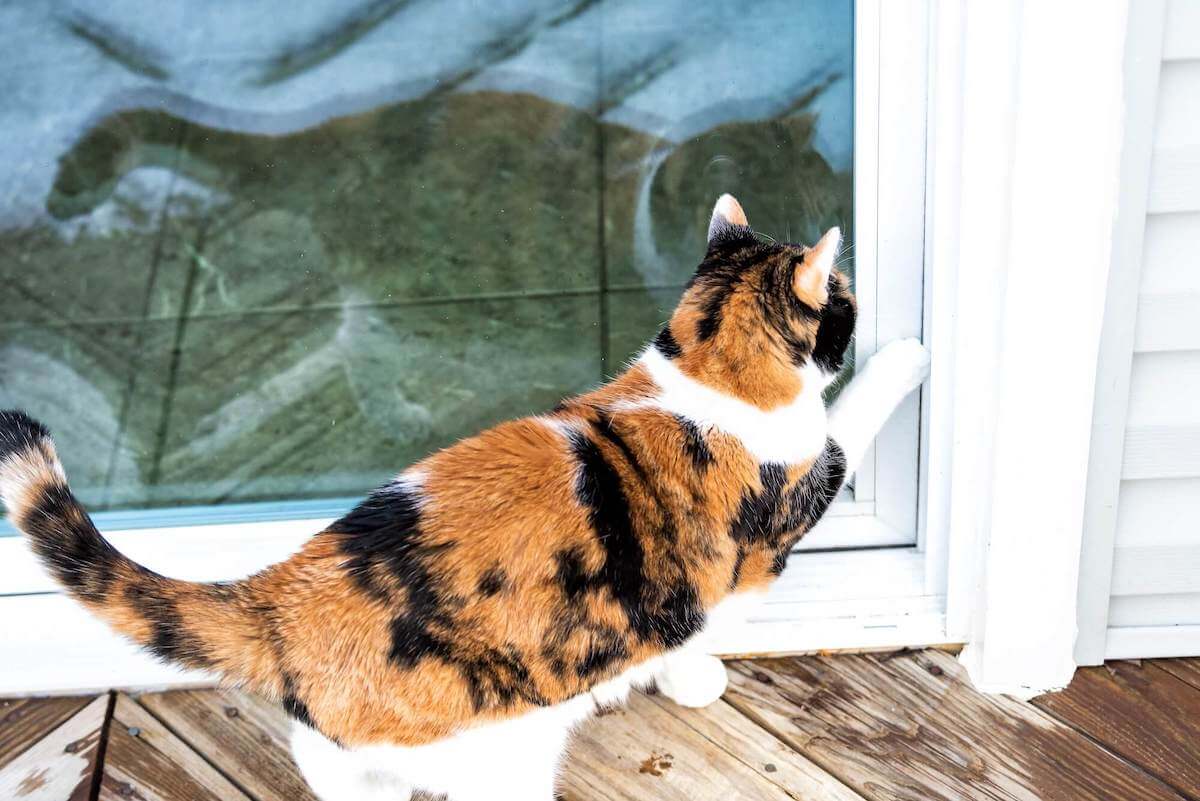
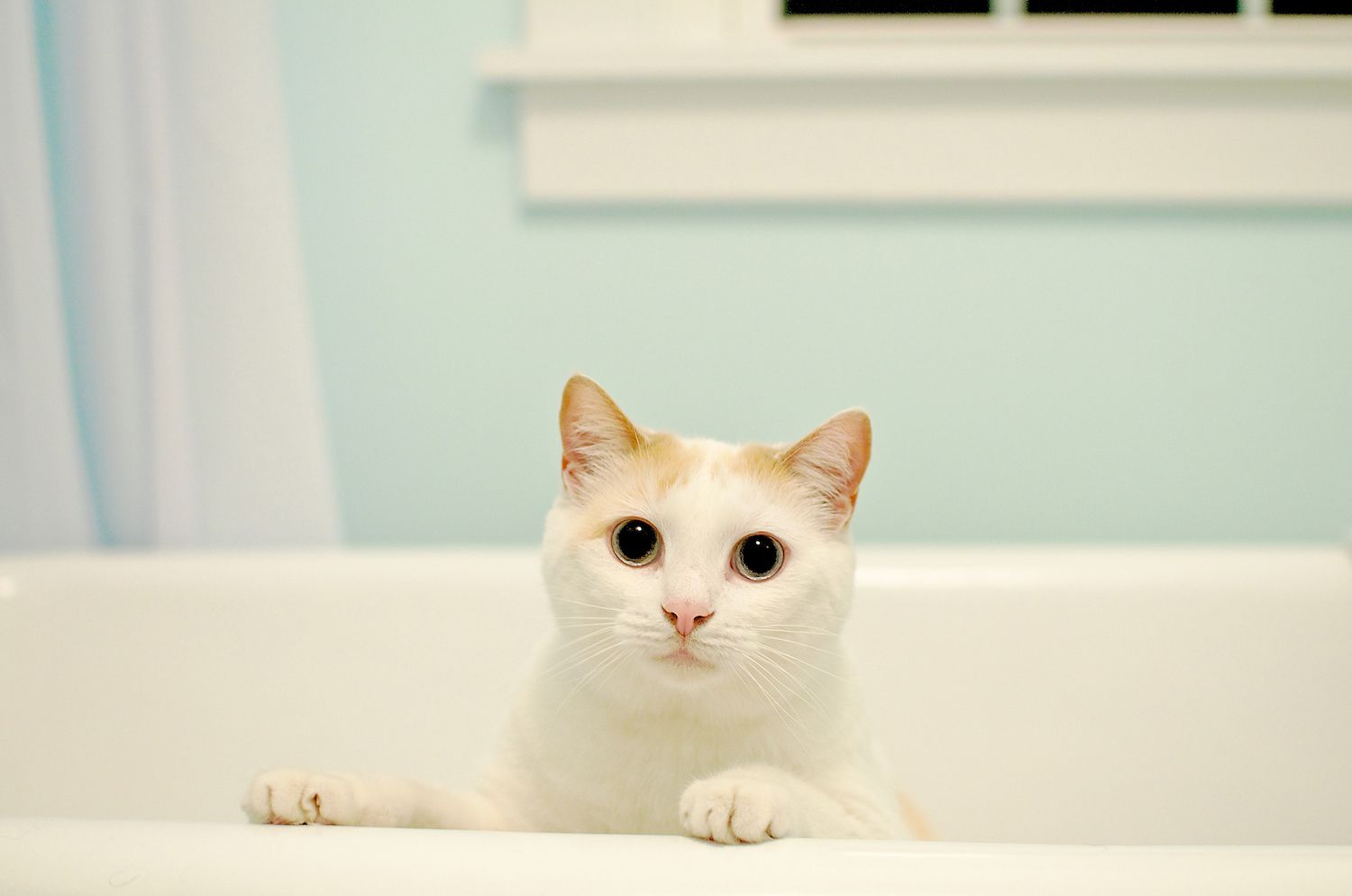


0 thoughts on “How To Keep Cats From Spraying On My Porch”